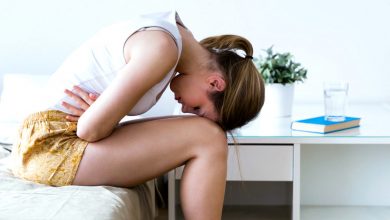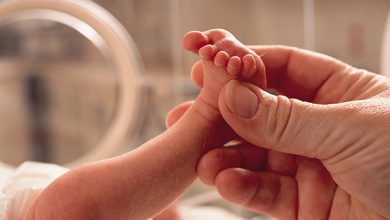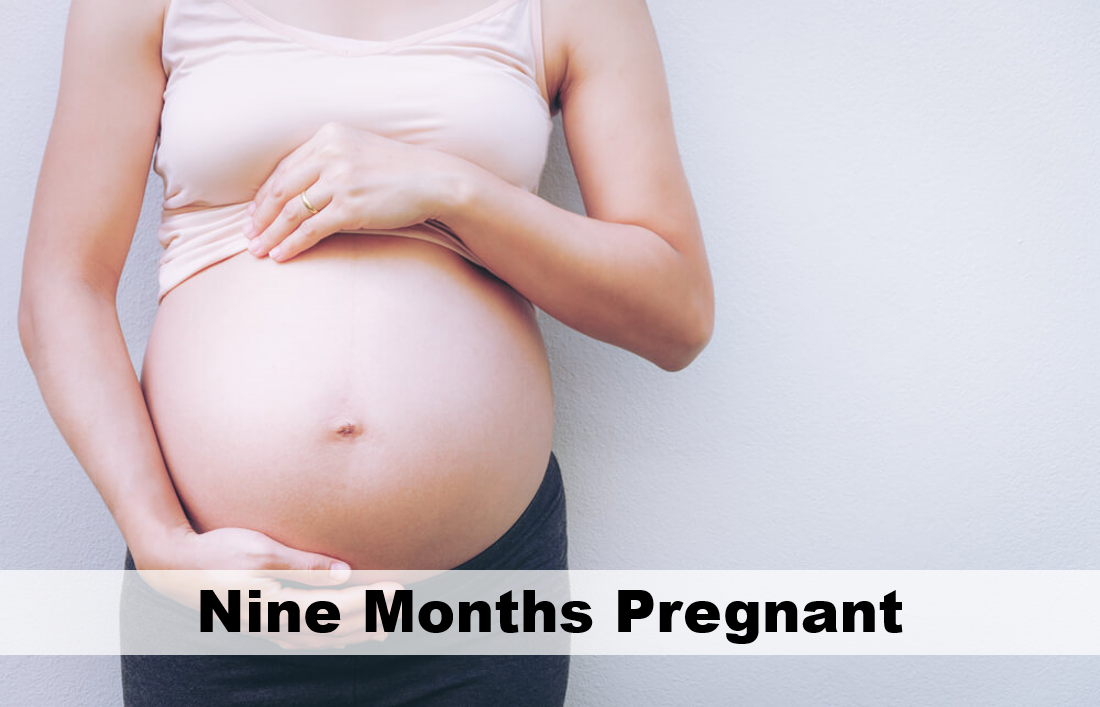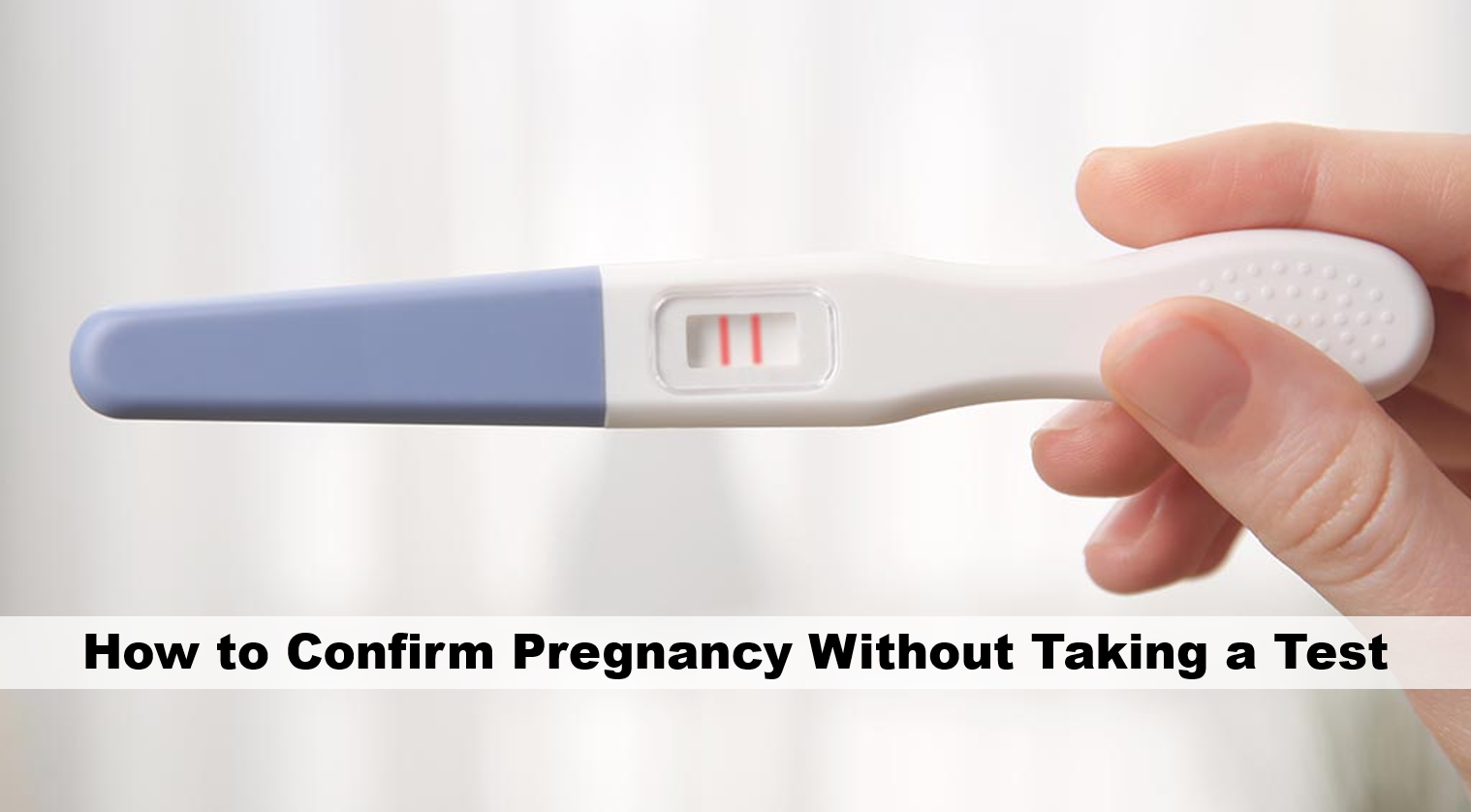What Causes Abdominal Pain in Postpartum?

There were many changes in your body during pregnancy and now they are back to “normal”. However, you shouldn’t expect normalization to happen all of a sudden just because you gave birth. You can also call this normalization phase the “healing process”. Yes, we’re talking about the puerperium. Abdominal pain during the puerperium is common and is usually caused by expected situations that do not pose a serious health risk. Below, we talk about possible causes of your postpartum abdominal pain and what you can do about it…
Constipation
Anyone suffering from constipation may experience abdominal pain and swelling, and the same is true for the puerperal period. Common causes of postpartum constipation are eating low-fiber foods, not drinking enough water, moving less in the puerperium, sudden changes in sleep patterns, the stress of being a new mother, hemorrhoids during pregnancy or postpartum, and hormonal changes. Also, some vitamins or medications used can contribute to constipation.
To relieve postpartum constipation, concentrate on fibrous foods such as whole grains and legumes, drink plenty of water, eat snacks such as prunes, which have natural laxative effects, and try to move as much as possible. If you have hemorrhoids, try taking warm sitz baths.
Diarrhea
While constipation is the most common postpartum digestive issue, it’s no surprise that some women suffer from diarrhea, whether they’ve had a vaginal or cesarean delivery. This may be due to medications, supplements, stress or anything you eat before giving birth.
When you have diarrhea, you may have cramping abdominal pain and gas in addition to watery stools. Consuming foods such as lean rice porridge, banana, boiled potatoes, lean crackers, lean toast with curd cheese, lean pasta, skinless apples, quince and bread will help to cut or reduce your diarrhea. On the other hand, since diarrhea causes water loss in the body, it is important to drink plenty of water and focus on fluid intake.
Cesarean section recovery
If you had a cesarean delivery instead of a normal delivery, it’s normal to have some pain during the healing process of the incision. After all, you had an operation! In addition, you should expect that a small cesarean scar will remain in your abdomen after recovery.
The best thing you can do to recover quickly after a cesarean is to rest and avoid over-straining your stomach. As a general rule, do not lift anything heavier than your baby. Allow the area to breathe by wearing loose clothing. If you have painkillers recommended by your doctor, use it and ask a relative to help you cook, clean, do the dishes, etc.
Typical Postpartum Pains
After birth, your uterus contracts and returns to its original size. You can think of these contractions as smaller versions of labor contractions. It is in the form of pain similar to menstrual cramps and in most cases is most bothersome for a few days after giving birth. However, you may feel these pains a little more intensely while breastfeeding your baby.
You usually don’t have to worry about postpartum pain caused by uterine contraction. After the first few days of your postpartum period, the severity gradually decreases and goes away on its own within a maximum of 6 weeks.
When Should I Go to the Doctor?
It’s normal to have some pain in your stomach or abdomen after giving birth and you don’t always need to give alarm signals for this. However, you should see a doctor if certain symptoms occur that could indicate complications such as infection or bleeding. These:
- I have a lot of or bright red vaginal bleeding
- I have a fever
- I feel nauseous or vomit
- My pain is very severe or getting worse
- There is redness, swelling, discharge or rooty odor at the cesarean section surgery site
- Pain or burning when urinating
- My chest hurts or I have trouble breathing
Postpartum is a period of normalization or recovery. It is normal to have mild pain or mood changes throughout the process. If your pain is very severe, if you encounter an abnormality that raises questions in your mind, or if the stress of being a new mother affects you deeply, do not hesitate to seek help from a specialist. Remember that only your best doctor can help you with postpartum discomfort and all other health problems.




